Once you've had melanoma, you are at a higher risk of developing a new melanoma than the average person.
What happens after treatment for melanoma?
If you have had melanoma, you need to protect your skin all year round.
Use a mix of sun protection to make sure you never get sunburnt.
Vitamin D is important for strong bones and good health. The main way we get vitamin D is from sunlight on our skin. You can speak to your doctor about whether you need a vitamin D supplement.
Regular check-ups
After treatment for melanoma, you will need to have regular check-ups.
The check-up will look at your skin and the lymph nodes near where your melanoma was. This is because, even after surgery, there is a small chance that your melanoma will return. This is known as recurrence.
Your doctor will decide how often you will need check-ups based on the stage of your melanoma. If you have no more problems, you will need fewer check-ups. Ongoing check-ups may be recommended for life.
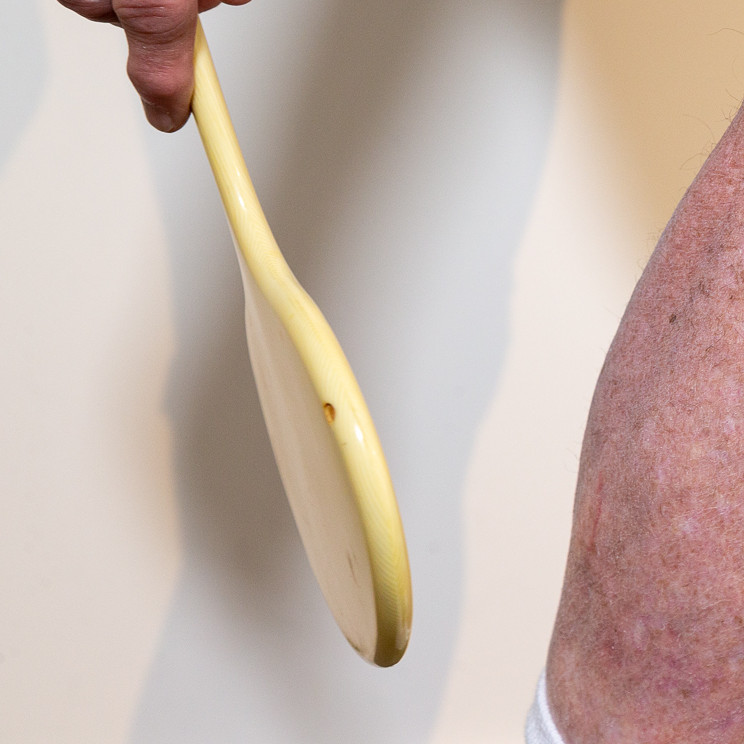
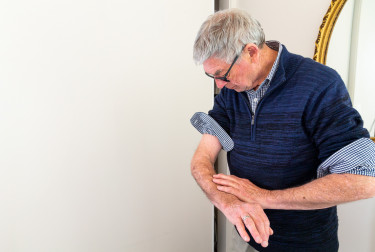
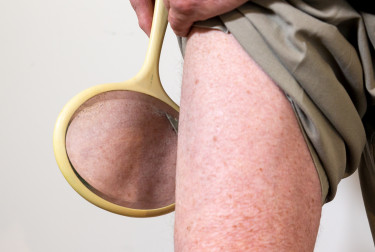
Skin self-check
As well as doctor check-ups, you should regularly check your own skin.
Check your skin by looking over your entire body regularly.
Skin cancers can be in places you cannot see yourself, so you may need to ask someone to help you check or use a hand mirror.
Remember to check places that might not normally get exposed to the sun, such as:
- your armpits
- behind your ears
- your scalp
- the bottom of your feet
- your fingernails and toenails
It is a good idea to keep track of how spots and moles look, so you know if they have changed since you last checked your skin.
If you notice any changes in your skin changes or your general health, contact your doctor.
Cancer will always leave a scar. The scars are internal, they’re emotional, they’re intellectual, and they are physical. The physical scars are probably the least of my worries.
Jill
Life after cancer treatment
After you finish treatment for cancer, give yourself time to adjust to the physical and emotional changes. We are still here to support you after your treatment finishes.
You will need regular check-ups with your treatment team. These may include some blood tests or physical examinations. Speak with your treatment team about the plan for you.
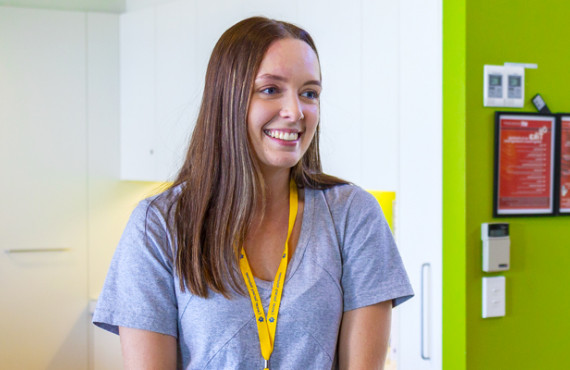
We are here to help and support you and your whānau through cancer diagnosis, treatment and recovery…
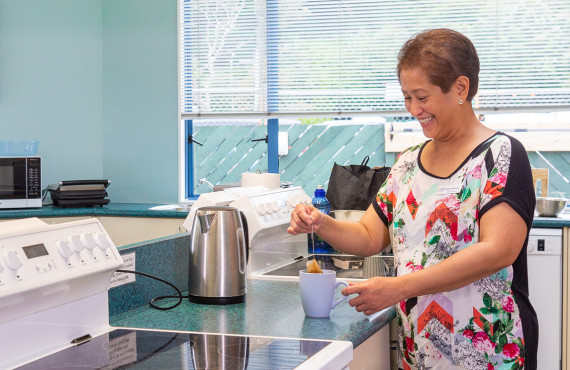
It's common for people to feel excited and anxious when treatment finishes.
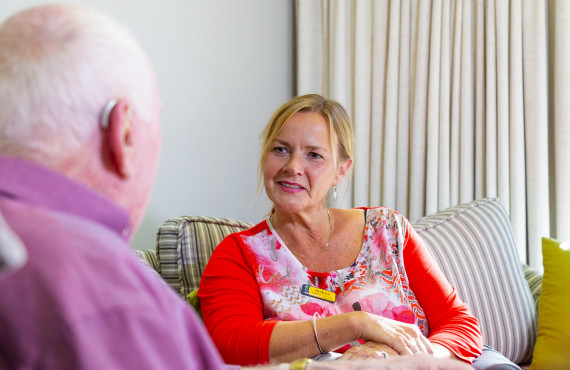
We have free counselling and psychological services for people with cancer and their family/whānau.
We know that going through cancer is tough and can raise many questions. You are not alone.
We have health professionals to answer your questions and provide the support you need.
Get in touch
